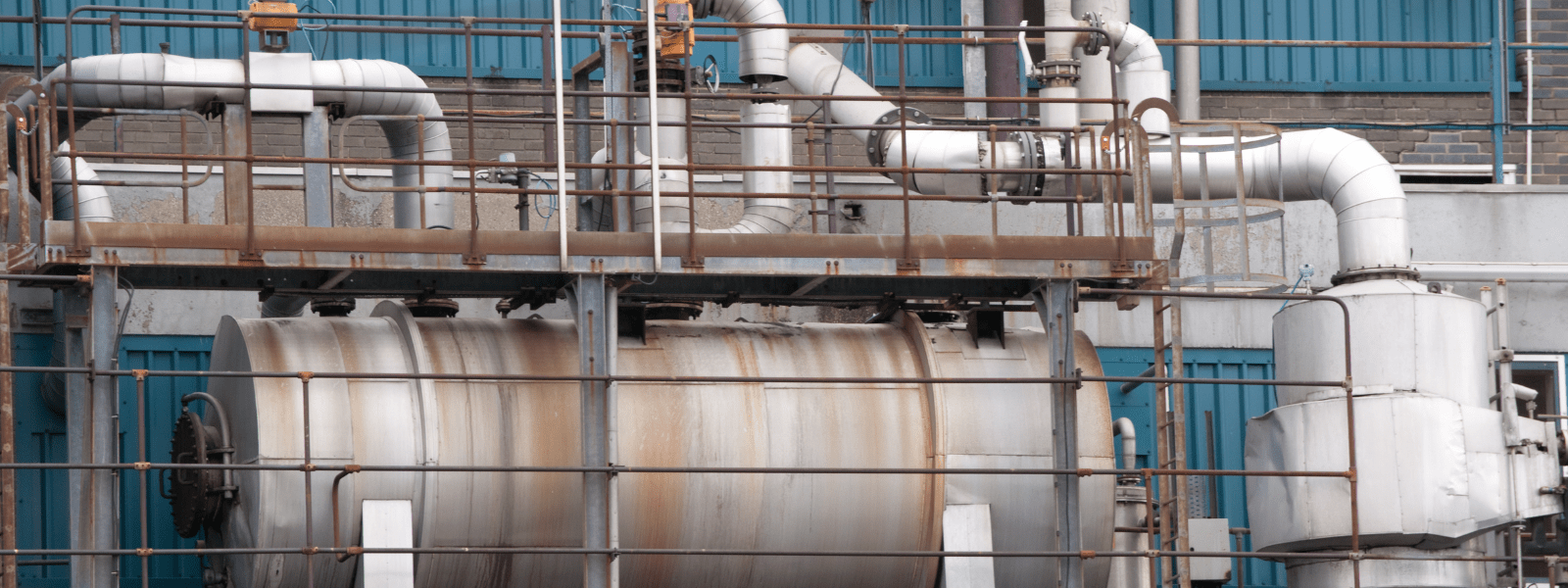Heat exchangers allow excess heat to be removed from a system by using large amounts of cool water. However, the water used is commonly taken from a natural source and thus contains a wide variety of minerals and living microorganisms—all of which can cause blockage in the system.
This blockage and buildup is known as fouling or biofilm. Fouling can decrease the heat exchanger’s efficiency and effectiveness when left unattended and is extremely undesirable. In this blog post, we’ll take a closer look at how you can reduce fouling in a heat exchanger for good.
Types of Fouling Common in Heat Exchangers
There are numerous ways that buildup can accumulate, including:
- Corrosion
- Precipitate
- Freezing
- Particle
- Chemical Reaction
- Biofouling
While these aren’t all the ways, they are the most common. Luckily, there are methods you can implement to reduce and prevent biofilm from forming in your heat exchanger or other water system.
Ways to Reduce Fouling
Antifouling (AF) Coatings
AF coatings are often an effective way of preventing buildup in heat exchangers. However, in the past, AF coatings have been harmful to the surrounding environment, but now new technology has led to the development of nontoxic AF coatings.
Biocide Treatments
Biocide chemical additives are an effective method of controlling biofouling. However, if the water used in your heat exchanger originates and circulates through a natural source (like a lake or ocean), certain biocides may be harmful to the natural ecosystem.
Heat Treatments
Periodically heating the water that goes through your system to extreme temperatures may be effective against biofouling by freezing or precipitates. The hot water often kills microorganisms and may redissolve certain clogging materials.
Pressure Treatments
Occasionally submitting your system to increased water pressure (within safe engineering limits) will flush the system and remove some of the accumulated material.
Ultraviolet (UV) Irradiation
An effective disinfectant, UV exposure causes some of the nearest water molecules to split, creating unstable “hydroxyl radicals,” which can break up clumps of organic material, and kill microorganisms by changing their DNA.
Electromagnetic Field Exposure
Exposing your system to electromagnetic fields can increase the interaction of calcium and carbonate ions in the water, which reduces the tension forces in the water. This means that many microorganisms will have more difficulty sticking to the heat exchanger’s surfaces.
Importance of Reducing Fouling
Fouling can lead to many harmful decreases in productivity, both in the reduction of efficiency and the loss of time when the system must be shut down to be cleaned.
It can also lead to the corrosion of metallic components, either through oxidation (like rust), or biological corrosion, which involves microorganisms damaging a system with the chemicals they produce.
Often fouling (particularly biofouling) can cause heat exchangers to release much less heat. This is because the additional layer of clogging around the coils acts as a kind of insulator and prevents the surrounding water from absorbing all of the excess heat.
Want to Reduce Fouling in Your Heat Exchanger?
Depending on the scale and variety of heat exchangers you have, different antifouling methods may work better. At Ecolink, we are ready to help you find the best way to reduce biofouling in your system. Contact us today for a free consultation session!















